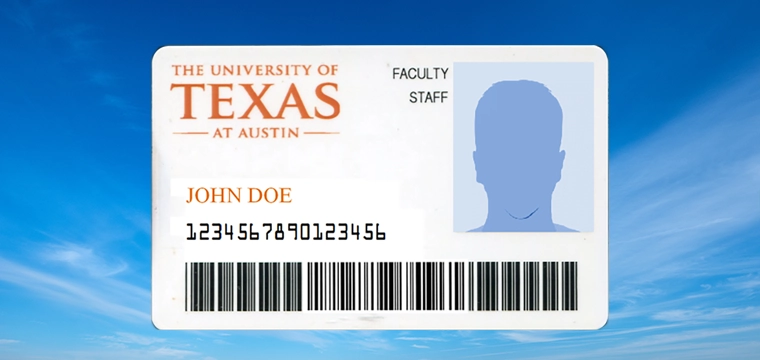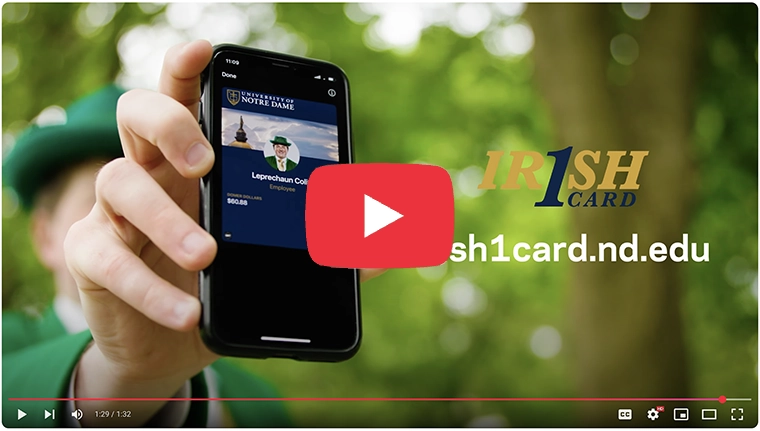
Vanderbilt University has turned to HID Global and card system vendor CBORD to provision a mobile credential to student Android and iOS devices. HID is providing both reader hardware and Seos credential technology as part of the deployment that is compatible with both Near Field Communication (NFC) and Bluetooth Low Energy (BLE).
The Vanderbilt campus’ location within city limits of Nashville, Tenn. posed significant challenges with regards to ensuring the correct people had access to the university's buildings and resources. That, along with a planned $600 million building expansion project, inspired Vandy to upgrade to a more convenient, modern system for identity management and access control.
Vanderbilt University selected HID Global to deploy mobile access across its campus environment. The university made an initial investment in mobile solutions with HID iCLASS SE readers, Seos credentials, and the HID Mobile Access solution, and wanted to ensure that any expansion of the system maximized the university's previous investments.
The answer came in the form of HID Mobile Access, along with HID’s Seos credential technology, which enables credential holders to use their smartphone, tablet or wearable device to unlock doors.
Vanderbilt is currently using BLE on its campus for select use cases, including at some parking decks and rolling doors. Vandy has also kept BLE enabled on every campus reader to continue use with HID Reader Manager and to take advantage of whatever technology comes down the line.
Vandy’s deployment of HID readers was not a campus wide replacement. The university was able to leverage and upgrade some of its existing iCLASS SE readers, while any legacy readers that did not support mobile access were upgraded to the new Signo reader line.
The Vanderbilt reader infrastructure is estimated to consist of roughly 70% iCLASS SE readers and 30% Signo readers. All reader installs going forward for new buildings or replacements will be Signo.
HID Mobile Access streamlines the issuance of credentials to new users. Users first access the CBORD Get mobile app and after logging in with multi-factor authentication, can add the mobile credential to their Apple Wallet.
“What used to be an in-person process that took ten or more minutes, can now be completed in seconds on a smart device," says Mark Brown, Director of Business Services Technology at Vanderbilt University.
“Extending NFC capabilities to students, faculty, and staff using Apple devices increases the services that they have access too via mobile,” adds Brown. “It was important to us that we didn’t have to move away from the reader infrastructure that we created or choose between functionality and security. We simply added more options and more value for our campus.”
For campus contractors or others needing temporary access, Vandy has found provisioning mobile temp credentials is simpler and more secure than a physical card.
“Just a couple of days later -- or however long they’re going to be on campus -- you can pull that credential off the phone, so they’re not walking around with a credential they forgot to hand in,” says Brown.
Following the deployment of mobile credentials, Vandy now boasts the flexibility to support Android and iOS platforms and can choose between BLE and NFC for specific use cases. This flexibility was achieved while maintaining the university’s existing reader infrastructure.
“Another key consideration was moving to a mobile verification system and HID Mobile Access fit our needs perfectly," says Brown. "The integration with Apple Wallet brings added convenience for our entire campus community.”
Vandy is providing its campus community with the choice to either use their plastic ID card or the mobile credential on smartphones and has made it easier to conduct business on campus.
“If faculty and staff are working late and they go to the restroom, for example, they might leave their ID card at their desk, but they’ll probably take their phone with them,” explains Brown. “So, in terms of convenience, it’s been very popular and performance has been great.”




